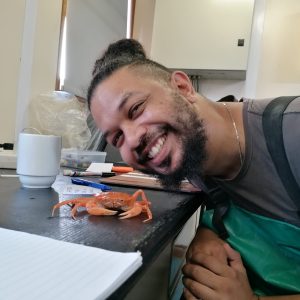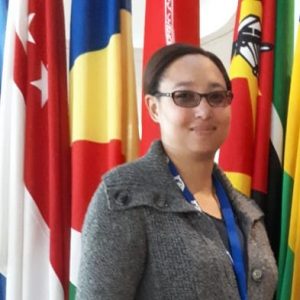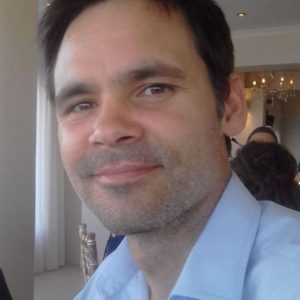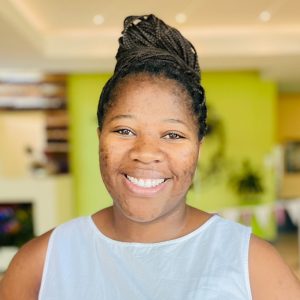Our Team
Staff
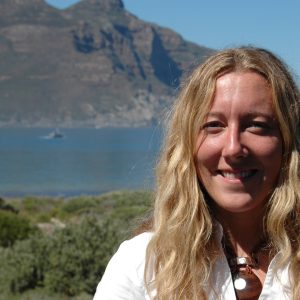
Juliet Hermes
Node Manager
As node manager and principle oceanographer, Juliet’s responsibilities include developing, maintaining and managing Egagasini’s budget, finances and data, the node’s science plan, various observation and modeling programs, as well as overseeing various DSI funded projects. She also carries out research, writes project proposals, supervises students and interns and provides leadership (both scientific and business) to staff, interns, students and post-doctoral fellows. Juliet sits on various national and international advisory boards and committees, conducts education outreach, capacity building, reports to the South African National Research Foundation, all while conducting research on climate variability using long term observations and models.
Juan-Jacques Forgus
Technician
Juan-Jacques is responsible for the operation and maintenance of Egagasini’s sampling equipment. Although his role at SAEON spans various disciplines, his main duties are the planning and execution of at-sea surveys, and the operation and maintenance of the sampling equipment used during those surveys. The sampling equipment he operates relies on innovative deep-sea technology to investigate long-term ecological change in the understudied deeper waters of South Africa. These offshore ecosystems are home to remarkable marine plants and animals that sustain a lucrative commercial fishery that has supported South Africans for over centuries. Juan-Jacques has a fascination with our oceans, particularly our offshore and benthic habitats, and is continually thinking of new ways to modify our sampling equipment in order to increase the quantity and quality of data collected at sea. In addition to his passion for the ocean, he is also intent on motivating, inspiring and educating the younger generations about the importance of our marine ecosystems.
Nicole du Plessis
Science Officer
As the nodes Science Officer, Nicole manages the daily operations for the Secretariat’s of the South African Marine Research and Exploration Forum (SAMREF) and the South African chapter of the Indian Ocean Rim Association Academic Group (SA IORAG). SAMREF (initially the Operation Phakisa Oceans Economy Oil and Gas Lab Initiative B3) was established in 2016 to take advantage of the environmental data (historical and new) collected by offshore industries and to facilitate the use of ocean-going platforms to collect new data as a way to mitigate the high costs of conducting marine research. In 2016 South Africa established the SA IORAG to provide support to national departments responsible for IORA working groups, and to facilitate academic engagement within IORA.
Giles Fearon
Senior Operational Ocean Modeller
Giles is a coastal and ocean numerical modeller with experience in both industry and research contexts. He began his career as a port and coastal engineer, where he specialised in the numerical modelling of coastal processes related to nearshore waves, tropical cyclones, coastal flooding, sediment transport and the dispersion of pollutants in the marine environment (e.g. oil spills, brine plumes, thermal plumes and dredge plumes). He has since become increasingly research-oriented, using numerical models to better understand ocean physics, particularly within the coastal regions of Southern Africa. His primary role within SAEON is to maintain and further develop operational ocean forecast systems, in support of the National Oceans and Coastal Information Management System (OCIMS).
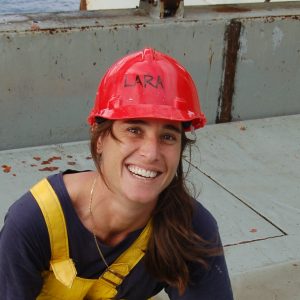
Lara Atkinson
Offshore Marine Scientist
As Offshore Marine Scientist, Lara’s research focuses on establishing monitoring tools and protocols for the offshore benthic environment, specifically epifaunal invertebrates (animals living on the surface of the seabed) and anthropogenic impacts thereon. A large amount of Lara’s research with SAEON led to the publication of South Africa’s first Offshore Marine Invertebrate Field Guide (https://bit.ly/2L2ZvlG). Lara also frequently engages with offshore industries (commercial trawl and petroleum mining) through collaborative research initiatives that strive towards sustainable utilisation of marine resources. Serving as an Honourary Research Associate with the University of Cape Town, she commits much of her time to capacity development through part-time lecturing (annual multivariate analysis course), intern mentoring, postgraduate student supervision and participation in education outreach activities.
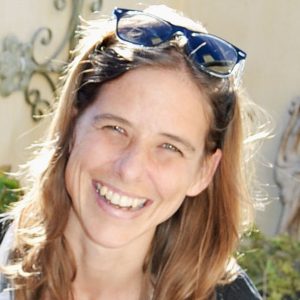
Jennifer Veitch
Numerical Ocean Modeller
Jennifer is a physical oceanographer and uses numerical models to better understand ocean processes. She is heading up the SOMISANA (Sustainable Ocean Modelling Initiative: a South African Approach) initiative, that aims to facilitate the development of ocean modelling expertise in South Africa. Her research and modelling activities include her particpation in the CLIVAR Eastern Boundary Upwelling System Research Focus and the Atlantic Research Panel, the Oceans Predict Coastal Ocean and Shelf Seas Task Team (COSS-TT) and Operational Systems Working Group (OS-WG) as well as a position as a Nansen-Tutu Centre research associate. She lectures ocean dynamics at the University of Cape Town and on virtual platforms, as well as supervises masters and PhD students in subjects that range from operational to theoretical aspects of oceanography.
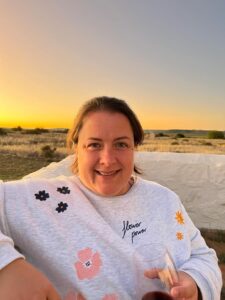
Tammy Morris
Ocean & Polar Coordinator
Tammy is a physical oceanographer with extensive in-field experience in the South West Indian and South Atlantic Oceans using a variety of ocean observing instruments and platforms. Her PhD thesis made use of Argo floats on high-resolution profiling to study mesoscale dynamics in the southern Mozambique Channel and the Agulhas Current. As such, Tammy’s academic interests lie in boundary currents, mesoscale eddies and the use of autonomous ocean observing platforms to study these dynamics.
Tammy collaborates with researchers at the national, regional and international panel. She is a member of the Argo Steering Team (AST) as the South African focal point, is a co-chair on the Ships of Opportunity Implementation Panel (SOOPIP) as part of the Ship Observations Team (SOT) group. She also contributes to task teams for the Data Buoy Coordination Panel (DBCP) to ensure deployment of instruments into the Indian Ocean and the Observation Coordination Group (OCG) task team for capacity development. She is also the co-lead of the GOOS Co-Design Boundary Current Exemplar Project – a UN Ocean Decade endorsed programme.
Tammy is the Ocean and Polar Coordinator at the SAEON Egagasini Node, and oversees a team of seven people to implement marine and polar ocean observing objectives of the South African marine science community.
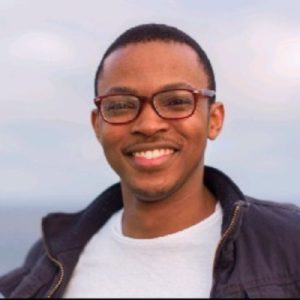
Nkululeko Memela
Operational Ocean Modeller
By starting my career in the private sector before joining SAEON I have had a great early career journey. I have developed a good idea of what private sector players typically look for that we ocean scientists should produce to keep our world sustainable while attracting have their investment into science. I am a junior operational modeller, and I am thrilled with the development that lies ahead of me in this role as we seek to master ocean modelling and forecasting to levels that should parallel the well-established atmospheric models.
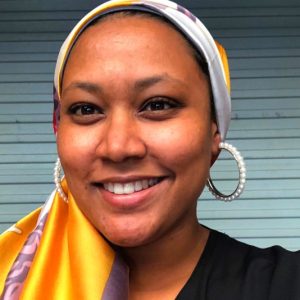
Safiyya Seddick
Research Assistant
Safiyya has a background in benthic ecology and taxonomy and a master’s degree in Zoology from Stellenbosch University. Recently, her focus has been describing new species of marine worms, especially from southern African offshore sediments, as well as offshore ecology and the identification of benthic macrofauna. Having worked in the private sector, she has experience in several other disciplines such as environmental impact assessments, water quality studies and biodiversity surveys as well as considerable lab and field work experience. Safiyya is a Research Assistant working on the Strategic Projects division.
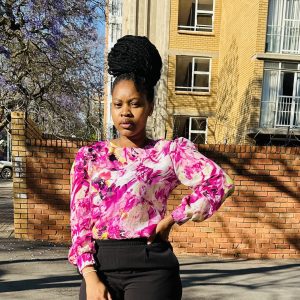
Yolanda Hlotywa
Node Administrator
Yolanda Hlotywa was born in the dusty street of Idutywa, in the Eastern Cape. I hold a bachelor’s degree in Public Sector Management and Public Administration & Honours degree in Political Science and Internal Relations from the University of Fort Hare. Before joining Egagasini Node and SAPRI, I was at the National Regulator for Compulsory Specifications (NRCS) as an admin coordinator, where I gained extensive experience in admin coordination.
My administrative skills at Egagasini Node are evident as I have a strong foundation in office administration, with the diverse skills that include advanced expertise in Microsoft Office, meeting my deadlines, being well organized, and being a self-starter. I work well with the team, and I understand procurement processes, financial management, and administrative functions.
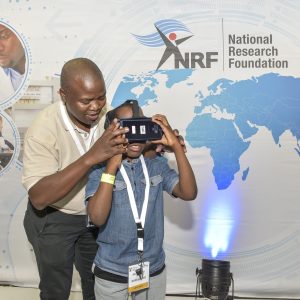
Thomas Mtontsi
Science Engagement Officer
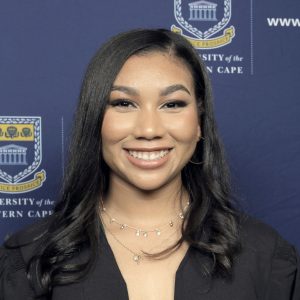
Melissa Philander
Research Assistant
Melissa is a Research Assistant at SAEON’s Egagasini Node, where she supports the coordination and communication of Ocean20 activities and other marine-related projects. Her role involves organising events, assisting with team logistics, preparing reports, and creating content for public platforms.
She holds a Bachelor’s degree in Physical Sciences and has a background in science engagement and science communication.
Postdoctoral Fellows and Interns
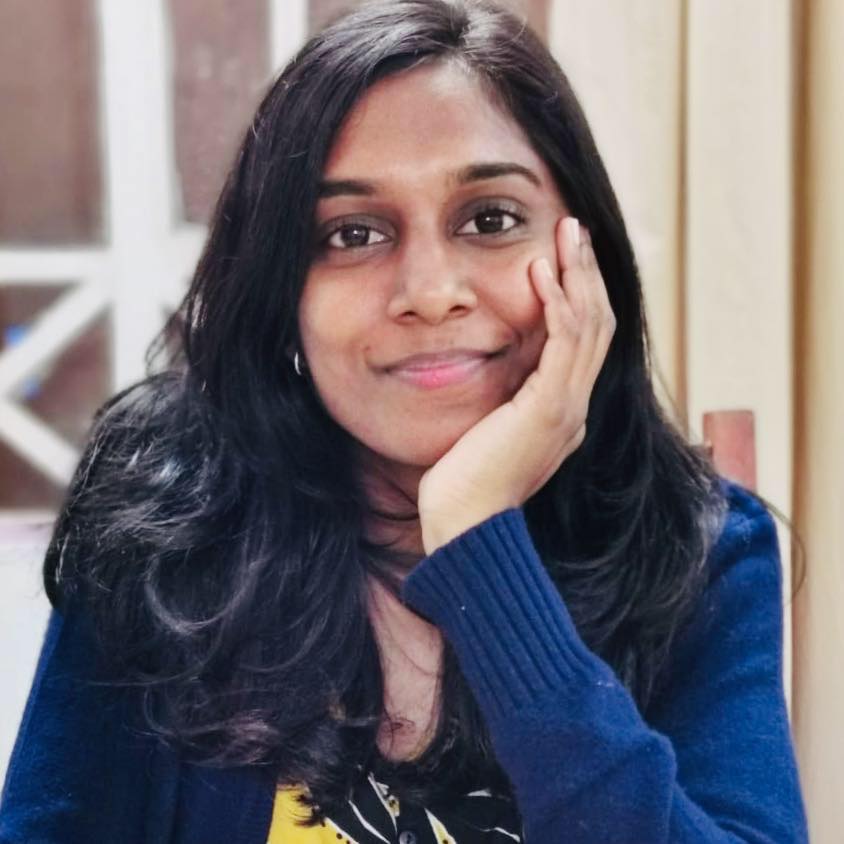
Daneeja Mawren
Postdoctoral Research Fellow
Daneeja, a postdoctoral fellow at both SAEON and the University of Cape Town, is interested in the dynamics of the tropical oceans as well as extreme events in the South West Indian Ocean. She is currently investigating the role of the upper ocean in climate variability, how changes in the subsurface ocean can influence the intensification of tropical cyclones and enhance the frequency of marine heatwaves. These extreme events can cause devastating impacts on the marine ecosystems and economic losses. Given the wide diversity of habitats in the Mozambique Channel and a lack of reported marine heatwave events in this region, it is important to have a better understanding of the future of living marine resources to help inform dependent human communities and governance institutions to develop more effective climate-adaptation and risk-reduction measures.
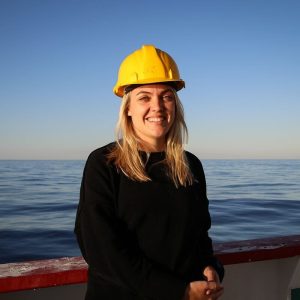
Laura Braby
Postdoctoral Research Fellow
Laura is a postdoctoral fellow at both SAEON and the University of Cape Town. She is a physical oceanographer and is involved in several different studies within the Agulhas Current system. Laura uses observational data and numerical model output to study mesoscale variability in the Agulhas Current. She is especially interested in the interactions of source region eddies with the northern Agulhas Current. Laura also enjoys spending time at sea, and participating in the SEAmester cruises of the Agulhas System Climate Array (ASCA) transect. She is currently using this processed hydrographic data to investigate the seasonality of the Agulhas Current.
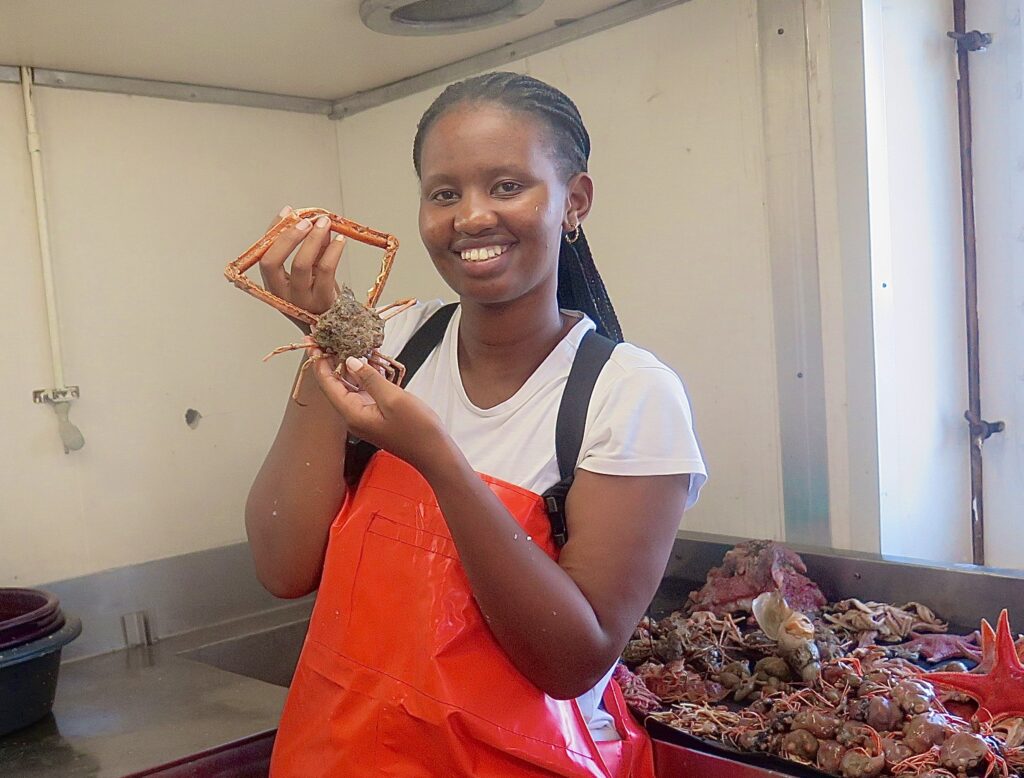
Sisipho Njokweni
Intern
Sisipho Njokweni is a DSI-HSRC intern, hosted at the SAEON Egagasini Node. She plays a key role in supporting the South African Indian Ocean Rim Association Academic Group (SA-IORAG) and has a keen interest in Ocean and Marine Ecosystem Accounting. Sisipho loves being at sea and actively participates in SAEON’s annual invertebrate monitoring project on South Africa’s South and West coasts, conducted in partnership with the DFFE.
Students
PhD

Tania Duba is involved in several science engagement activities such as science camps, ESKOM Expo for young scientist, scientific research cruise, and science festivals to mention a few. Her masters degree, supported by the node, investigated the changes in the coastal climate and marine environment from the perspectives of the local resource user and scientific reseachers along the east coast of South Africa. Tania completed her one year internship with SAEON, leading a science and society project that addresses the dificulties of civic society to access, understand and use scientific knowledge. She is working on her PhD, registered with the Department of Environmental and Geographical Science at UCT where she hopes to explore the use of participatory scenario planning to anticipate the future of South African fisheries and the effects of this process in participatory fisheries management.

Caroline Sejeng is working on her PhD project that is entitled “Incorporating and connecting multi-scale oceanographic features in marine spatial planning and management”. The study will focus on the synergy between the two disciplines by looking at South African Marine Protected Areas through and oceanographic features. Her passion is in Oceanography and Environmental Science. She enjoys going to sea and networking with people to learn more about their culture and other intersting stuff. On her spare time you will find her eating.
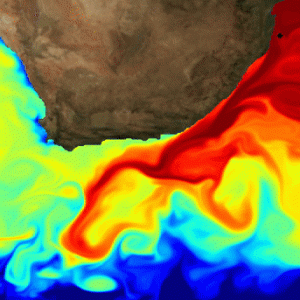
Gustav Rautenbach is currently enrolled at the Nelson Mandela University working on his PhD thesis in which he is investigating aspects of the Durban Eddy using a high resolution numerical ocean model.
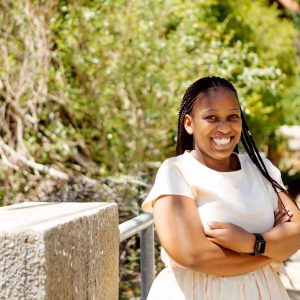
Philile Mvula is working on improving our understanding of the ocean dynamics of the eastern Agulhas Bank and how they relate to fisheries and productivity.

Herman Luyt is developing optimal data assimilation techniques for Southern African Oceans using the Hycom model.

Jonathan Rogerson is using a high resolution CROCO ocean model to understand the role of retention on nutrient-trapping on the southern Benguela shelf.
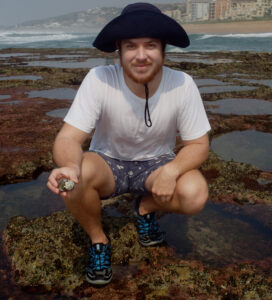
Arno Botha is a PhD student enrolled at UCT, supervised by Emeritus Professor Charles Griffiths (UCT), Dr. Lara Atkinson and Professor Enrique Macpherson (CEAB). His thesis is a taxonomic revision of the squat lobsters (Chirostyloidea and Galatheoidea) of South Africa, a group that has not previously been the focus of taxonomic research in South Africa. His research forms part of SeaMap, an FBIP project led by Dr. Lara Atkinson that aims to provide a barcode reference library of 250 species of offshore marine invertebrates. Arno is also involved in SAEON’s long-term invertebrate monitoring project conducted annually in collaboration with DFFE on our south and west coast. He is enrolled at UCT and is using a modelling approach to understand extreme events in the western Indian Ocean.
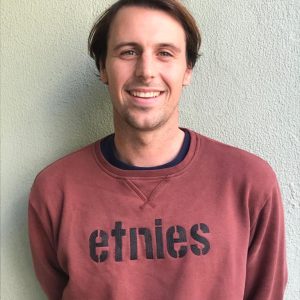
Mathew Carr is enrolled at UCT and is using a modelling approach to understand extreme events in the western Indian Ocean.

Nasreen Burgher
MSc
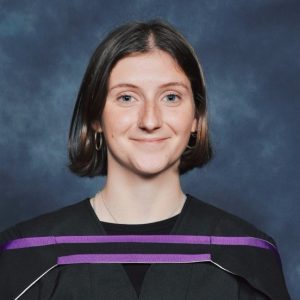
Tallulah Graziani is currently pursuing her MSc in Ocean and Atmosphere Science at the University of Cape Town, under the supervision of Dr Moagabo Ragoasha, Prof. Juliet Hermes and Prof. Mike Roberts. Her study focusses on quantifying the warming in the Western Indian Ocean using both satellite and model products. Tallulah is involved and participated in DFFE West Coast demersal trawl and DFFE squid closed season acoustic surveys. She also works as a commercial research diver with UCT’s Research Dive Unit.
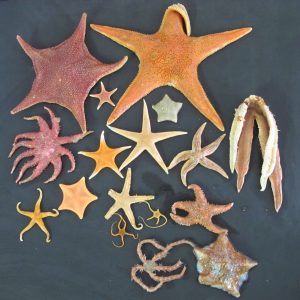
Clea Welch

Mari-Lise Franken

Sinothando Shibe

Silke Brandt
Alumni
Postdoc
Thulwaneng Mashifane (2017-2020) specialized in biogeochemical modelling. His research applied high performance computing (HPC) platforms to improve biogeochemical representation in coastal models. He uses a suite of models, from one- to multidimensional to study key biogeochemical cycles including oxygen and nitrogen in the Benguela upwelling system. The St Helena Bay region which is an important nursery ground for fish larvae and juveniles but also the main generation zone of low oxygen is the main focus of his research. Deoxygenation and nitrogen loss from upwelling systems also forms part of the research as these factors lead to the production of greenhouse gases such as nitrous oxide with an impact on climate change. Thulwaneng’s research aims to improve knowledge, response to climate change and the potential soico-economic implications of the biogeochemistry in the Benguela upwelling system.
PhD
Giles Fearon (2021): ‘The influence of the land-sea breeze on coastal upwelling systems’, UCT.
Moagabo Ragoasha (2020): ‘The variability of Lagrangian transport in the southern Benguela Current system’, UCT.
MSc
Jordan Van Stavel (2023). ‘Functional traits and potential physical drivers of offshore benthic epifauna on the west and south coast of South Africa’, NMU.
Rudzani Silima (2023). ‘ Numerical Model study of the Benguela Upwelling system’.
Neha Ramsarup
Giovanna Birkett
Leila Nefdt
Donia Wozniak
